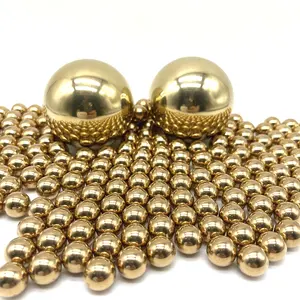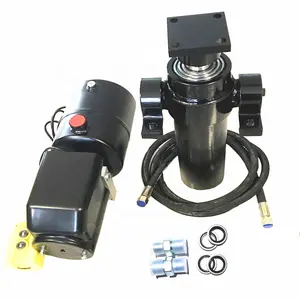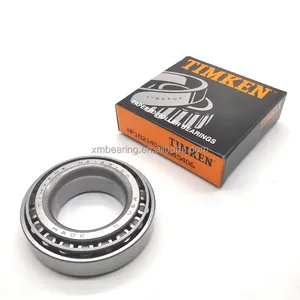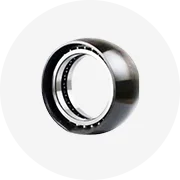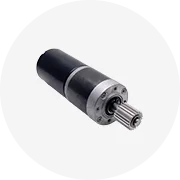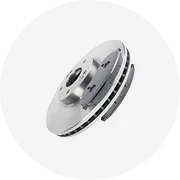Popular in your industry












































































Related Searches:



























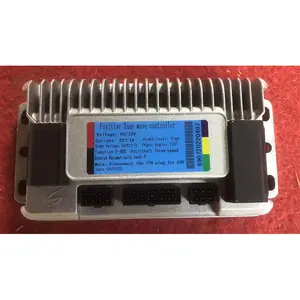





















































































































Top categories
About vector motor controller
Understanding Vector Motor Controllers
Vector motor controllers are integral components in the realm of motor management, designed to regulate motor functions with precision. These controllers facilitate the accurate command over speed and operational characteristics, ensuring that motors perform optimally in various applications. By implementing a vector motor controller, users can achieve fine-tuned control in systems ranging from industrial machinery to consumer electronics.
Types and Compatibility
The versatility of vector motor controllers is evident in their compatibility with numerous motor types. Whether the task involves calibrating a servo motor or integrating with an Arduino setup, there is a controller available to meet the specifications. It's crucial to select a controller that aligns with the motor's wattage and voltage requirements to ensure seamless operation. Controllers are not one-size-fits-all; thus, matching them to the motor's characteristics is imperative for efficient performance.
Features and Applications
Vector motor controllers come with a range of features, from basic models offering straightforward control to advanced units with programmable capabilities. These features cater to a broad spectrum of applications, including but not limited to industrial automation, sound systems, and electronic transportation like e-Bikes. Specialized controllers are also available for niche applications, such as those used in hydroponic systems or sintering processes in industrial settings.
Materials and Advantages
Constructed from durable materials, vector motor controllers are built to withstand the rigors of both industrial and consumer usage. The advantage of using a vector controller lies in its ability to provide precise motor management, which can lead to enhanced performance, energy efficiency, and longevity of the motor it governs. This precision ensures that devices function according to their intended design, without the risk of performance degradation due to motor mismanagement.
Selection Criteria
When sourcing a vector motor controller, it is essential to consider the controller's specifications in relation to the motor it will govern. Factors such as the type of motor, whether it's an AC induction, AC synchronous, or DC synchronous motor, and the operational environment play a significant role in the selection process. Controllers are designed to cater to these variables, providing a tailored solution for each unique motor control requirement.
Integrating Complementary Technologies
Incorporating a vector motor controller into a system often involves interfacing with other technologies. For instance, in automated industrial setups, these controllers work in tandem with programmable logic controllers (PLCs) and other automation components to achieve desired outcomes. The integration process is crucial for creating a cohesive system that operates efficiently and reliably under various conditions.
vector motor controller servo motor Arduino setup e-Bikes AC induction DC synchronous motor


